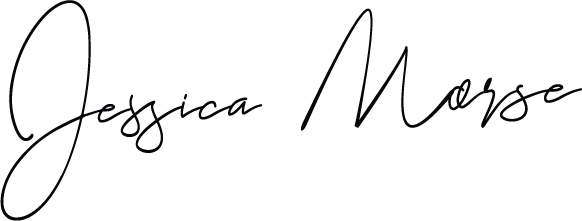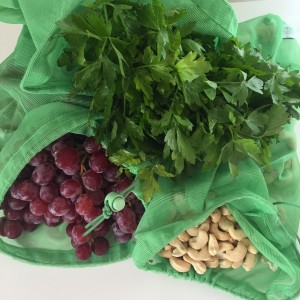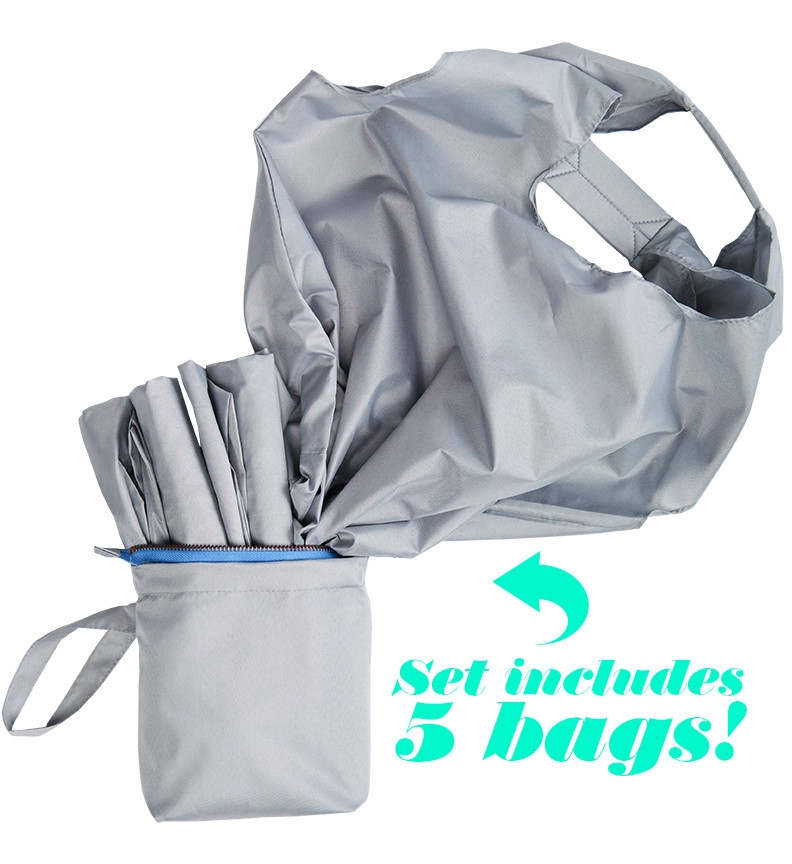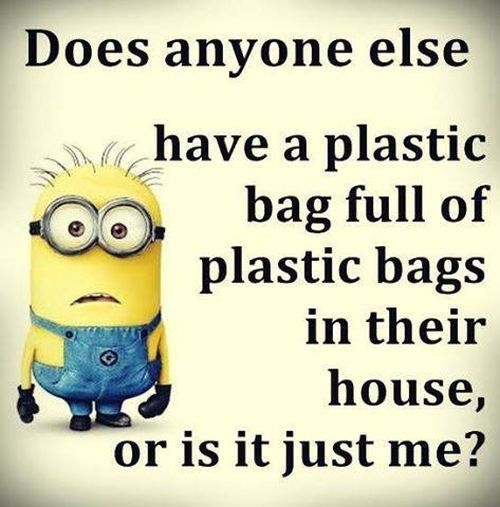Hey there, Bare Beauties! I’ve long been bringing reusable shopping bags with me wherever I go, but something that has really bothered me are those thin, clear plastic bags I see in the produce and bulk aisles at the local grocery stores. In the past, whenever possible, I would just put my produce right in the cart without a bag, but it made a wet mess of the rest of my groceries. And the bulk aisle? It’s not like you can put a pound of loose quinoa that needs to be weighed at checkout in anything but a flimsy little bag… The answer? Bag the Habit.
Bag the Habit makes the BEST reusable shopping and produce bags. Unlike many other reusable bags, which are not made of eco-friendly materials, (I mean, whyyy?) Bag the Habit’s products are made of recycled fabric scraps and plastic bottles. They also have padded handles and are super-duper strong – the shopping bags hold up to 45 pounds – and they fold up into nothing and come in the cutest little zip pouch that in itself is useful. And they are very reasonably priced. The produce bags are awesome, too, and have made me feel so much better about shopping in the bulk aisle. They are made of a fine mesh, so even teeny-tiny food like rice and quinoa doesn’t seep through (just don’t try to fill them with almond flour).
A few months back, I watched the documentary Plastic Paradise (I highly recommend) and it really strengthened my resolve to reduce one-use plastic in our household. If you are looking for a few stats, let me throw some atcha’:
• Over 1 trillion plastic bags are used every year worldwide. In a large country like China (population 1.3 billion), 3 billion plastic bags are consumed daily. Reuseit.com
• The U.S. goes through 100 billion plastic shopping bags annually at an estimated cost to retailers of $4 billion. The Wall Street Journal
•Ten percent of the plastic produced every year worldwide, winds up in the ocean. Every square mile of the ocean has about 46,000 pieces of floating plastic in it. United Nations Environmental Program
• Plastic bags are the second most common type of polluted debris found in the ocean. (Cigarette butts are the most common.) Ocean Conservancy
• Plastic pieces outweigh surface zooplankton in the Central North Pacific ocean region by a factor of 6-1. Algalita Marine Research Foundation
Considering that most plastic (and even some paper bags) are not recyclable, and the oceans that we swim in and eat from are filling up with our single-use shopping bags, Bag the Habit was definitely a feel-good investment for me.
…..
I’ve spent almost a decade immersed in the world of green beauty and nontoxic living. I want to help you find everything from a killer lipstick to a nontoxic laundry detergent, and beyond. Subscribe to a healthier lifestyle with me.

Thank you for subscribing!



